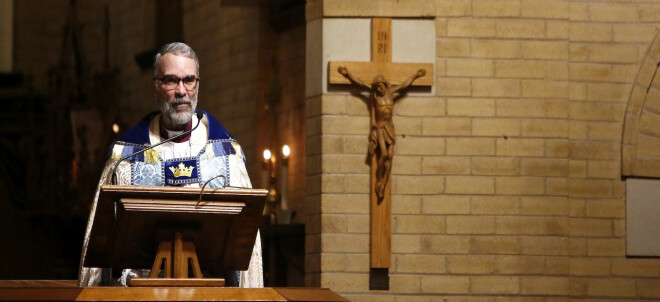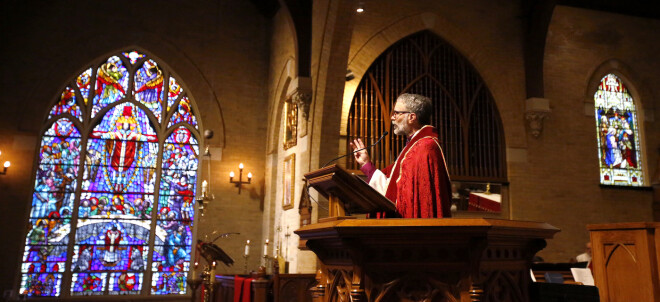Reflections on Trauma

Maybe you too have been riveted by the recent Ken Burns and Lynn Tompkins series, Vietnam. It is full of tragedy, heroism, folly, the closest thing we have to Shakespeare. And as we as Americans deal with protest and race, global threat and intractable foreign war, with harsh cultural divides, I am struck by how very close to us the Vietnam legacy remains - history isn't gone, it isn't even past (Faulkner).
Since that era, and in part because of it, a word figures prominently in our understanding of the human: trauma. Its scope in our veterans we have come to see, as well as its pertinence to other populations. Therapists and brain scientists break new ground in the physiological consequences of trauma. First in the academic realm, but from there into the political and legal, we wrestle with the limits of the concepts in what activists call “micro-aggressions” which collide with free speech.
Pathe mathos “by suffering, knowledge” said the Greek tragedian Sophocles. I would only add that, to these dimensions, truly to understand ourselves, should be added the theological. We are, contrary to deep post-Enlightenment assumptions, enfleshed souls. Our victimhood and victimization are connected. The past is more present, its wrongs more effectively passed on, than we might supposed. The pertinence of Christian ministries of healing, and of the deepest human need for absolution are most clear anew. Finally, the notion of eu-catastrophe, as Lewis most recently thought about it, of a divine - human trauma that would deal decisively but non-coercively with trauma, appears brightly on our horizon.
Peace
+GRS




